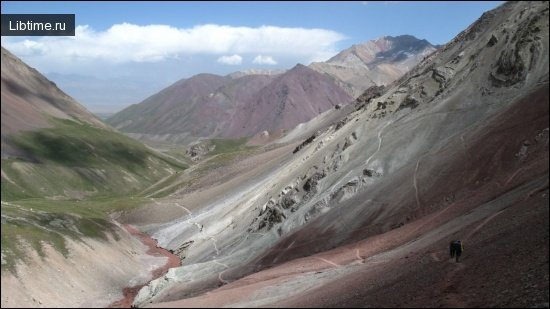Speleological research
However, speleological studies are characterized by the predominance of morphological and descriptive direction, which makes these studies somewhat one-sided and reduces their overall level.
In this regard, the task is to significantly expand complex speleological work, which will create the most favorable conditions for a comprehensive and in-depth study of underground karst cavities.
Along with the study of the genesis and age of caves, the study of natural underground complexes representing special geographical landscapes is of great importance. 
Meanwhile, many important issues of speleological analysis still remain poorly studied, in this regard, new methodological searches are the main task of complex speleology. Serious attention should be paid to the issues of training of speleologists-researchers.
The profession of a speleologist is unusual. Often he has to overcome deep vertical wells, narrow passages, noisy rivers and complex siphons in absolute darkness, at low temperature and high humidity. At the same time the researcher performs a complex program of scientific observations.
Therefore, the speleologist, along with a broad knowledge, must have good physical fitness. Man storms space, explores the seabed and penetrates into the mysteries of the atom, but the main object of research remains the internal structure of the Earth.
Despite the great successes of geological and geographical sciences still much on our planet remains unsolved, including the formation and development of karst caves. Many surprises and interesting findings await enthusiastic speleologists, who, bravely overcoming great difficulties, sometimes at the risk of life, discover new secrets jealously guarded by nature.


